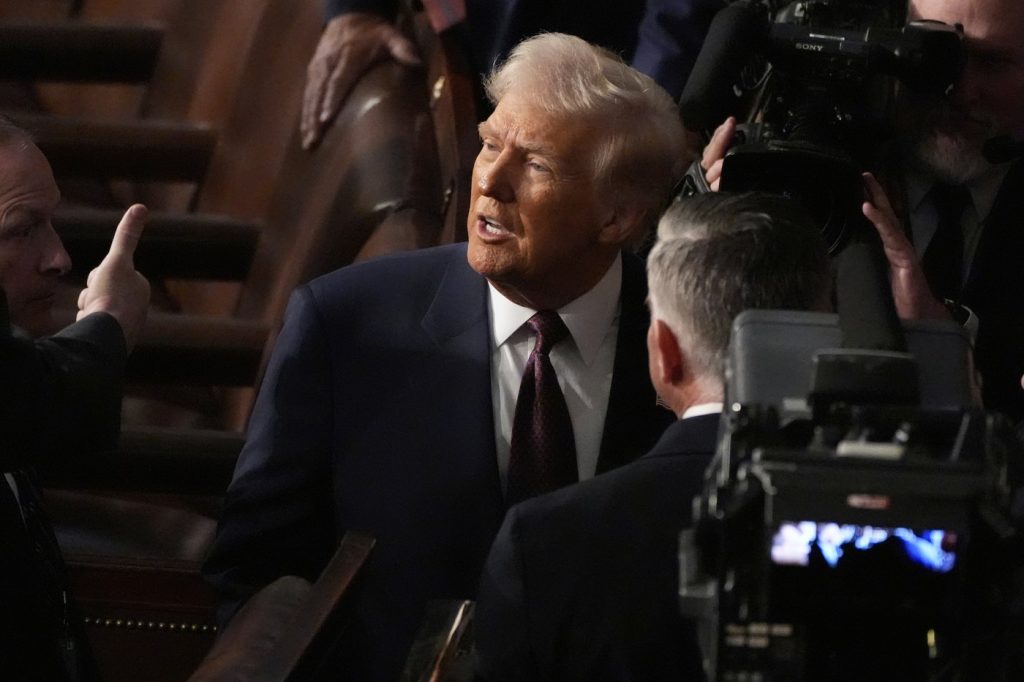On Thursday, President Donald Trump formally established a government reserve of bitcoin through an executive order, marking a significant step towards mainstream acceptance of cryptocurrency. This move is intended to position bitcoin as a recognized store of value, akin to a "digital Fort Knox." David Sacks, designated as the "crypto czar," reported that the United States will retain the estimated 200,000 bitcoin already seized from various criminal and civil proceedings, with plans for no sales from this reserve.
The executive order emphasizes the need for a "full accounting" of the government’s bitcoin holdings. Sacks pointed out that these holdings have never been completely audited. Over the last decade, the U.S. government has sold approximately 195,000 bitcoin for a mere $366 million, but those coins would be valued at around $17 billion had they not been sold. The new order also enables the Departments of Treasury and Commerce to devise budget-neutral strategies to acquire additional bitcoin.
Previously skeptical of cryptocurrency, Trump had described bitcoin as appearing to be a "scam" in the past but has shifted his stance to embrace digital currencies. This pivot has positioned him as the "crypto president," appealing to wealthy figures in the cryptocurrency space who perceive the Biden administration as unfriendly to their interests. During his campaign, these industry players significantly invested in efforts to support Trump’s election bid.
Among Trump's campaign promises was the establishment of a bitcoin reserve, reinforcing his intentions to promote legislation favorable to the cryptocurrency industry. This initiative comes as the Securities and Exchange Commission (SEC) under Trump's administration begins to retract enforcement actions against certain major crypto companies. Following the order, a "Crypto Summit" is scheduled at the White House, inviting key industry leaders to discuss future developments.
Bitcoin, the oldest and most widely recognized cryptocurrency, was developed in response to the 2008 financial crisis by an anonymous entity. It has evolved from a niche interest among libertarian enthusiasts to a significant asset with an approximate market capitalization of $1.7 trillion. While bitcoin has not fully transitioned into a currency for everyday transactions, it has gained traction as a store of value independent of traditional banking systems and governments.
The total supply of bitcoin is capped at 21 million coins, creating an inherent scarcity touted by supporters as a hedge against inflation. Critics argue that bitcoin lacks intrinsic value; nevertheless, its price trajectory has defied skeptics over the years with considerable increases. Proponents of a strategic bitcoin reserve speculate that it may eventually help mitigate the U.S. national debt.
Following Trump’s victory last year, crypto prices surged, with Bitcoin notably crossing the $100,000 mark in December. Trump publicly took credit for this price increase with a social media post reading "YOU'RE WELCOME!!!" However, since that peak, prices have stabilized. Trump's executive order, while important, did not trigger an immediate price spike for bitcoin, which was trading around $86,000 just after the announcement.
In addition to the bitcoin reserve, the executive order establishes a "U.S. Digital Asset Stockpile" aimed at holding cryptocurrencies other than bitcoin. Recent discussions have included Trump's interest in accumulating lesser-known cryptocurrencies such as XRP, Solana, and Cardano, which briefly affected crypto prices following his announcement.










